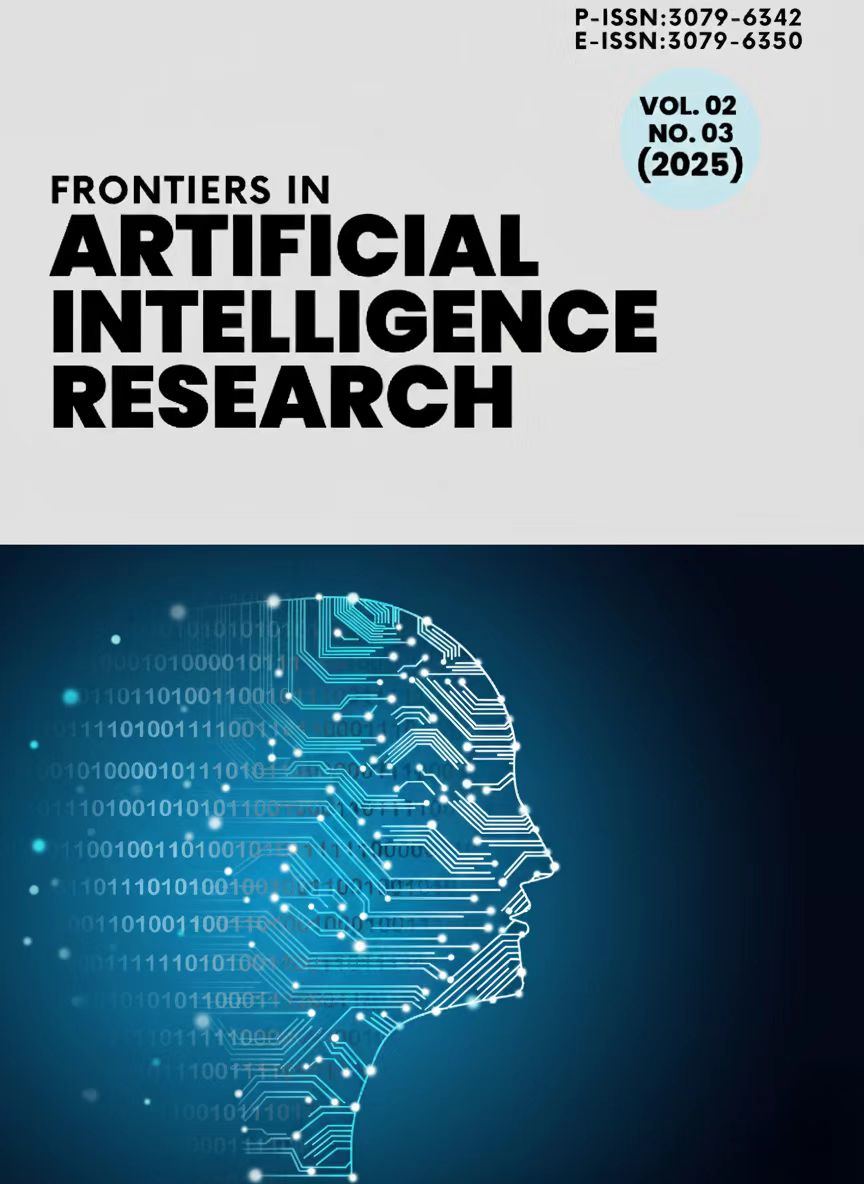Adaptive Hierarchical RL for Dynamic Workload Management in Programmatic Advertising
DOI:
https://doi.org/10.71465/fair356Keywords:
Hierarchical Reinforcement Learning, Programmatic Advertising, Workload Management, Multi-scale Optimization, Real-time BiddingAbstract
Dynamic workload management in programmatic advertising environments presents complex multi-objective optimization challenges that conventional Reinforcement Learning (RL) approaches struggle to address effectively. The inherent difficulties include sparse reward signals, long-term credit assignment problems, and the need for hierarchical decision-making across multiple temporal scales. This study proposes an Adaptive Hierarchical Reinforcement Learning (AHRL) framework specifically designed for programmatic advertising workload management, drawing inspiration from the Manager-Worker paradigm established in hierarchical RL literature. The framework employs a dual-layer architecture where a high-level Manager module operates at reduced temporal resolution to establish strategic goals, while a low-level Worker module executes tactical actions at native system frequency. Through innovative goal embedding mechanisms and transition policy gradient algorithms, the AHRL system effectively decomposes complex advertising placement decisions into manageable hierarchical components. Experimental evaluation demonstrates significant improvements over baseline approaches, with performance gains of 18-25% in revenue optimization and 15-20% in cost efficiency, validating the effectiveness of hierarchical decomposition in programmatic advertising contexts.
Downloads
Downloads
Published
Issue
Section
License
Copyright (c) 2025 Vincent Rossi, Min-Jae Park (Author)

This work is licensed under a Creative Commons Attribution-NonCommercial-NoDerivatives 4.0 International License.




